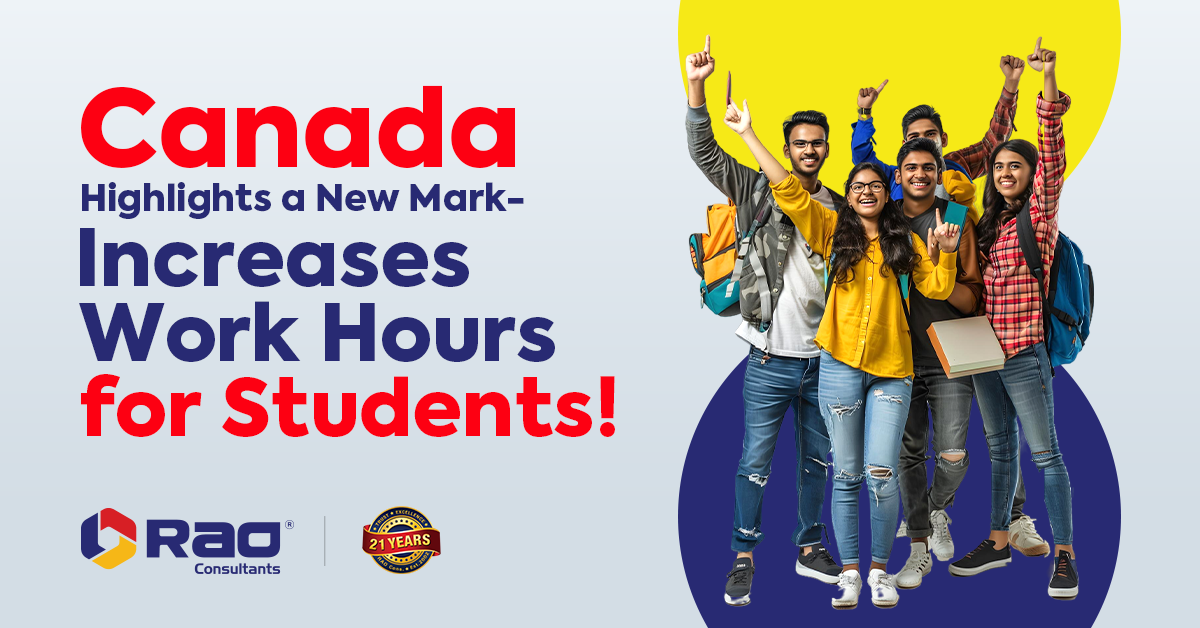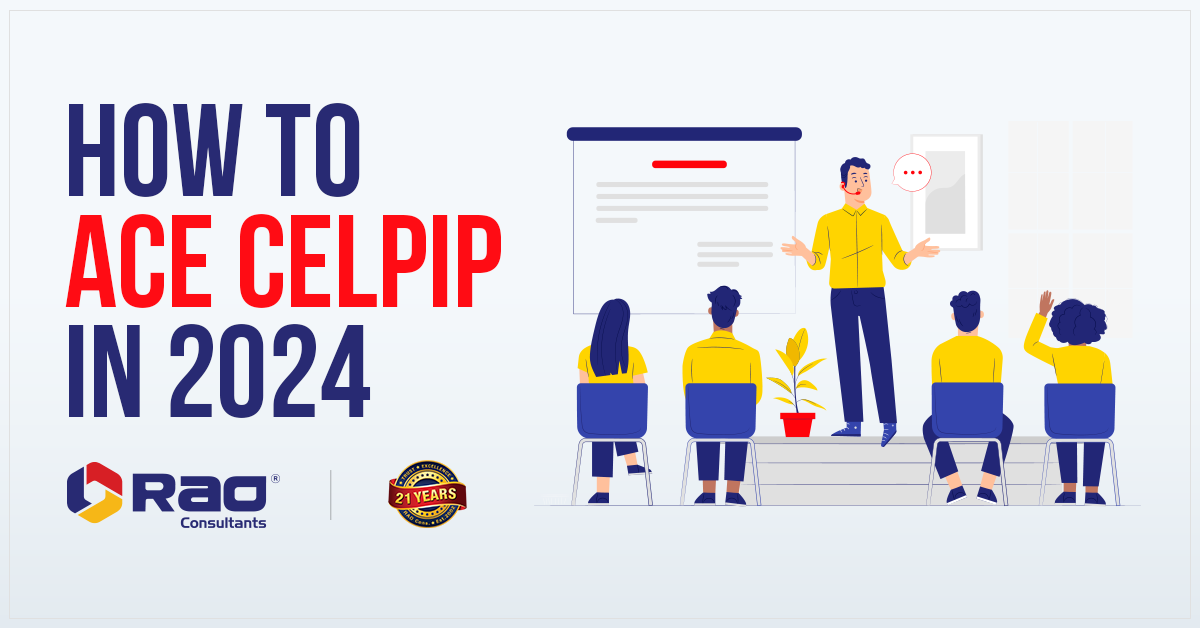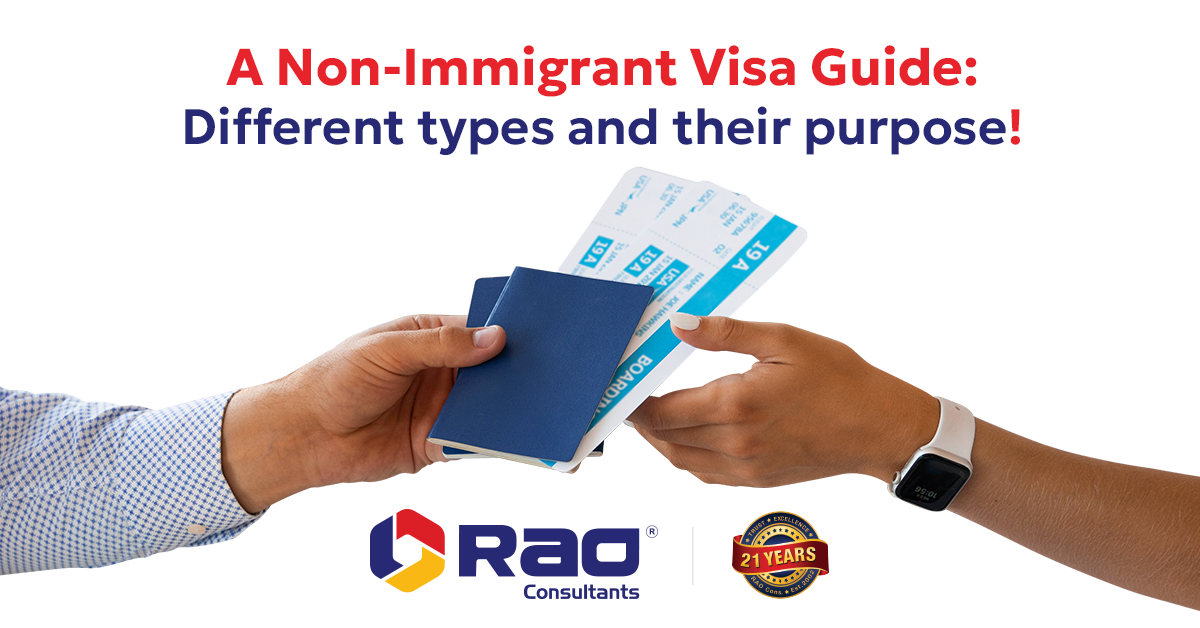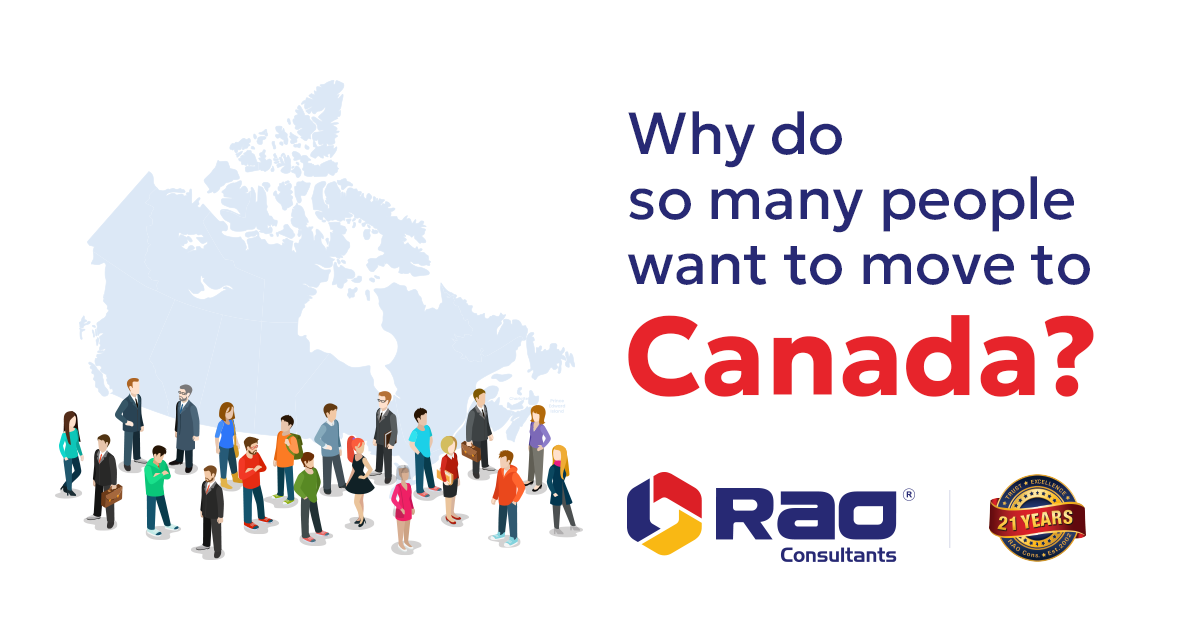Studying abroad has become a “de-rigor” for everyone around India. Everyone wants to move overseas to get the best education in their respective fields. Every country is known for something or the other that makes it an attractive study destination for students who aspire to make their careers better.
Talking about the same, these days, Europe is on trend when it comes to studying abroad. Europe has had a long history of good education, so its universities are among the best in the world. There are many colleges in Europe, and each one is very different in terms of the language used, the cost, and the way of life. But as part of the Bologna Process, universities in Europe are working together to make their degree programmes more similar.
Europe has a unique academic environment that combines cutting-edge learning, cultural experiences, and job paths that can be followed around the world. The continent’s focus on study, new ideas, and working together in business makes sure that the students get a well-rounded education.
Europe is also a good place to study because the tuition fees aren’t too high, and there are lots of scholarship options. Being able to learn more than one language and interact with people from different countries also broadens one’s view of the world. There are also a lot of job opportunities after studying because many big global companies are based in Europe.
The Appeal of European Education- Getting a Student Schengen Visa!
Let us delve deeper into the various prospects that make Europe a country most suitable for all the students who are looking to study abroad or Study in Europe.
High- Quality Education
It is now attainable by many universities in Europe to be ranked among the top 100 universities in the world. The best thing about learning in Europe is that there are so many job opportunities there. Europe has universities, colleges, and study institutes that are among the best in the world. People who want to learn for a short time can do so in Europe. You can choose the skills and information that interest you.
There are many types of programmes at universities in Europe. It has a huge number of Bachelor’s, Master’s, and PhD/Doctoral programmes. If you are an international student in Europe, you can join any of these programmes based on your past grades and academic background.
Top Universities you can Choose From:
According to the QS World University Rankings 2023, here are some of the best universities in Europe that you should think about attending:
|
University |
QS World University Rankings 2023 |
|
University of Oxford |
4 |
|
University of Cambridge |
2 |
|
Imperial College London |
6 |
|
ETH Zurich |
9 |
|
University College London (UCL) |
8 |
|
EPFL |
16 |
|
University of Edinburgh |
15 |
|
University of Manchester |
28 |
|
London School of Economics and Political Science |
49 |
|
LMU Munich |
32 |
|
King’s College London |
35 |
|
Universite PSL |
26 |
|
Karolinska Institute |
36 |
|
Technical University of Munich |
49 |
|
University of Bologna |
167 |
|
University of Amsterdam |
58 |
|
Heidelberg University |
63 |
|
KU Leuven |
76 |
|
Wageningen University & Research |
124 |
|
Leiden University |
131 |
|
Erasmus University Rotterdam |
208 |
| Delft University of Technology |
61 |
Diverse Range of Courses and Programs
Europe is one of the world’s least expensive places to get a Master’s degree. Europe is the best place to study abroad because most of its colleges are ranked in the top 100 in the world and many of its cities are on lists of the world’s best cities. In Switzerland, you can study hotel management, and in Germany, you can study engineering.
Each country has its own famous courses that you can choose from. Not only can you get a good education in Europe, but you can also live a good life and travel around the world. To get into a master’s programme in Europe, you need to be able to speak and write English well and have a bachelor’s degree in the same field. Top courses include:
|
Master of Business Administration |
Foreign Languages | Culinary Arts | Law |
|
Architecture |
Data Science | International Relations |
Natural Sciences |
| Finance | Engineering | Medicine |
Marketing |
Cost Effectiveness
Finding out how much it costs to go to school in Europe will depend on which country you choose. In a place like Germany, you can save a lot on education costs, but you might not be able to avoid the cost of living. To get a sense of how much it will cost on average to study in Europe, it’s helpful to look at how much fees can cost in each country. Study EU gave the following list of expected tuition fees for non-EU/EEA students who want to study in different European countries.
|
Country |
Tuition Costs to Study in Europe (Per year) |
|
Austria |
1,500 EUR (1,27,000 INR approx.) |
|
Denmark |
45,000-1,20,000 DEK (5,05,000-13,48,000 INR approx.) |
|
Finland |
5,000-20,000 EUR (4,20,000-16,79,000 INR approx.) |
|
France |
2,800 (for bachelor’s)-3,800 EUR (for master’s) |
|
Germany |
Free apart from minimal administrative fees of somewhere |
|
UK |
12,180 EUR (10,22,400 INR approx.) |
|
Switzerland |
CHF 22,734 (18,02,000 INR approx.) |
|
Russia |
RUB 242,160 (2,51,200 INR approx.) |
|
Sweden |
SEK 96,000 (99,600 INR approx.) |
Scholarships and Financial Aid
The schools in Europe are very generous with scholarships. India’s school system is a lot like the European system. There aren’t many things you have to do to be qualified for scholarships.
And if you have an 8 on your GPA and good English, you might even get a full grant. A typical student with a GPA of 7 and an IELTS score of at least 7.5 has a good chance of getting more than half of their fees waived. You can also get an application for less money than at other schools around the world.
Rich Cultural Heritage & Quality of Life
People all over the world love Europe for its rich cultural history, many languages, and lively arts scene. Studying in Europe gives you a chance to fully experience this cultural diversity, whether you go to famous museums and art galleries, music events and plays, or just try the local food.
Europe is also a small continent with a well-developed transportation system that makes it easy to visit other countries and learn about their cultures.
The European Travel Commission says that Europe was the most popular place for people to visit in the world in 2023, with over 700 million visitors from other countries. If you study in Europe, you can take a lot of trips, like a weekend trip to Paris, a ski holiday in the Alps, or an internship in Barcelona during the summer.
Language Diversity and Opportunities
Europe is known for having a lot of different languages and cultures. Over 200 languages are spoken in Europe, so going to school there is a great way to learn a new language or get better at the ones you already know.
Europe also has some of the most well-known museums, art galleries, and cultural sites in the world. Europe has something for everyone, whether you like art, history, or music.
Post Graduation Employment Opportunities
Most people who work for a company in Europe are hired. Students are hired before they even finish school. Most businesses in Europe know how important it is for students to have a good education.
Students from a wide range of fields can apply for jobs. Engineering majors are most likely to get jobs that pay well. People in Europe who are studying medicine also get paid well.
Opportunity to Stay Back- Global Recognition
Students from outside of Europe can stay in many European countries after they finish their studies at their universities. In other words, if you choose to study in Europe, you should be able to find work and stay there for a while.
You will get a work permit visa good for 1.5 years after you graduate. For 18 months, you’d have to stay put and look for work in Europe. Once you finish your studies in Europe and find a job, you will start the process of getting your residency. You have 18 months from the time you get your final test results, so you should start looking for work during your last semester. After your time studying in Europe, you have 18 months to find work. You can work as much or as little as you want.
Student Schengen Visa Benefits & Strategic Location
A Europe Study Visa that lets you enter the Schengen Area for a short time is called a Schengen student visa. A Schengen Visa is for people from outside of Europe who want to study for a short time in a Schengen member country.
With a Schengen student study visa, students can stay in the Schengen Area for up to three months. So, you need to get a Schengen student visa if you want to study in Europe for less than three months. If, on the other hand, the course you want to take lasts longer, you should apply for a long-stay study visa for the country where you want to study.
People with a Schengen visa can travel to 22 EU member states and four non-EU countries in the Schengen Area. These are Austria, Belgium, the Czech Republic, Denmark, Estonia, Finland, France, Germany, Greece, Hungary, Iceland, Italy, Latvia, Liechtenstein, Lithuania, Luxembourg, Malta, the Netherlands, Norway, Poland, Portugal, Slovakia, Slovenia, Spain, Sweden, and Switzerland.
To Conclude:
There are numerous benefits of studying in Europe. Right from a variety of courses to some of the top universities, and with multiple career advantages, getting a Schengen Student Visa comes with nothing but benefits and benefits.
But, we believe that there are a lot many other questions which can arise despite getting all the information online. This calls for finding the best Europe Student visa consultants in Ahmedabad. Rao Consultants is one of them, with 21+ years of experience in the study abroad consultants.
Our experts are certified and have an in-and-out answer for all the questions you might have about studying in Europe. All you have to do is book counselling with us, and we will take it from there for you.
What are you waiting for?
Book your free career consultation with us now.











